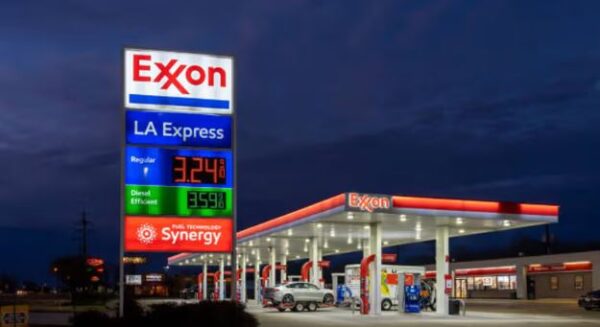Lifestyle
5 countries with the most petrol stations

A filling station (or gas station in the United States, petrol station in the United Kingdom) is a place where you can refuel your vehicle.
It sells fuel like gasoline and diesel, along with engine oil. Fuel is pumped into your car through dispensers that calculate the cost.
Many stations also have air compressors for filling tires and small convenience stores. Some stations offer full service where an attendant helps you, while others are self-service.
The more operational fuel stations a country has, the fewer the fuel queues. These are the countries with the most petrol stations in the world.
1. United States of America
There are thousands of petrol stations in the US despite the decrease over the years.
Despite a decline in recent years, the United States still boasts an extensive network of fuel stations. According to Xmap, there are approximately 196,643 gas stations across the country.
2. Germany
Germany has over 21,700 operational and multiproduct service stations. In Europe, Germany ranks second, followed by Turkey and Spain.
Government agencies and organisations are encouraging carmakers and owners to switch to electric vehicles.
By 2021, there were over 59,400 public electric charging stations across Germany, with most charging for normal charges of less than 22 kilowatts.
3. Italy
Italy has a well-developed petrol retail network. It has the most petrol stations in all of Europe. According to Statista, as of 2020, there were 21,750 operational and multiproduct service stations in Italy.
4. India
India has quite a large number of petrol stations considering the size and population of the country. According to Bank Bazaar, there are about 64,600 fuel stations in India.
5. China
China boasts a vast network of petrol stations, ensuring widespread accessibility. With a large and expanding market, the country has approximately 105,800 stations as of 2023, according to Statista.
What’s the correlation between fuel queues and petrol stations? It’s simply logical that more supply will meet demands and reduce fuel queues.






